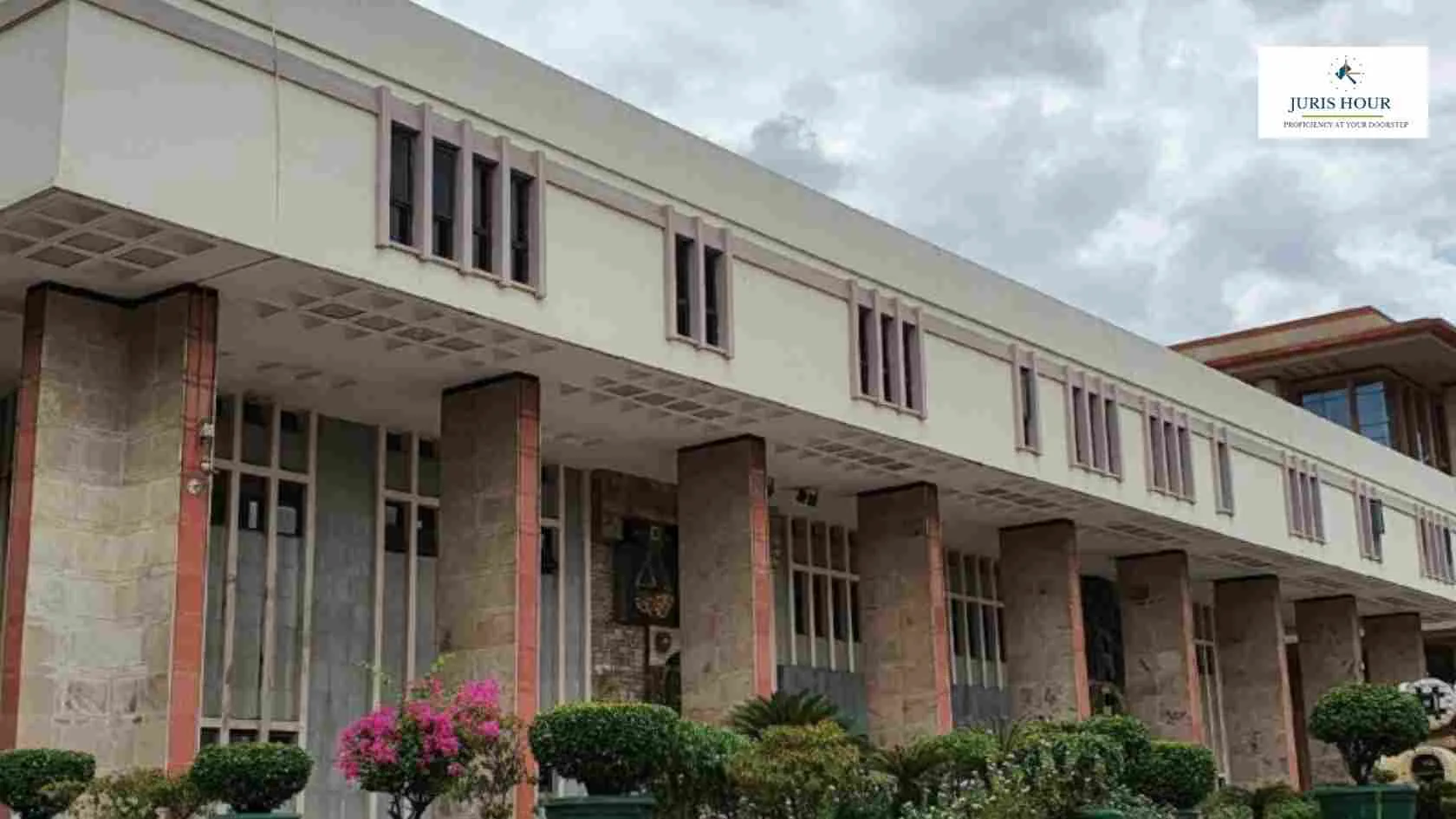The Delhi High Court has held that payments for software training are not taxable as ‘fees for technical services’ (FTS) under India-UK Double Tax Avoidance Agreement (DTAA).
The bench of Justice Vibhu Bakhru and Justice Tejas Karia has observed that the training imparted to employees for using the software or e-platform, does not transmit the technical knowhow or the process for rendering the services of generating electronic invoicing. The said service is performed by the Assessee by the use of its proprietary software and the e-platform operated by it. The training to use the said platform does not transfer the knowledge or transfer the technology, which would enable GIPL to absorb the technology to generate e-invoices and render the subject services on its own. GIPL does not acquire any rights in the Assessee’s proprietary software.
The appellant/assessee is a company incorporated under the laws of the United Kingdom [UK] and is a tax resident of the UK. The Assessee is a wholly owned subsidiary of Tungsten Corporation Plc, which is also a company incorporated in the UK.
The Assessee also forwarded the copies of the invoices raised as well as its Tax Residency Certificate [TRC]. Additionally, the Assessee provided the agreements entered into between OB10 Limited [OB10] – an entity which was subsequently acquired by the Assessee – and Genpact International Inc. [GIL]. GIPL is an affiliate of GIL. The Assessee claimed that the amounts received for rendering services under the said agreements were its business income and were not chargeable to tax under the Act as it did not have any permanent establishment [PE] in India.
The AO did not accept that the amounts received by the Assessee from GIPL were not chargeable to tax under the Act. According to the AO, the amounts were required to be treated as “fees for technical services” [FTS] within the scope of Article 13 of the India-UK DTAA.
The DRP disposed of the objections by the assessee in terms of separate orders upholding the AO’s view that the amounts received by the Assessee from GIPL were chargeable to tax under the Act as well as India-UK DTAA, as FTS. Pursuant to the directions of the DRP, the AO passed final assessment orders dated 12.03.2024 under Section 147 read with Section 144C(13) of the Act. The Assessee appealed the assessment orders before the Tribunal, which were dismissed by the impugned order 18.12.2024. The issue raised was whether the amounts received by the Assessee – ₹2,93,92,810/- during the previous year relevant to AY 2016-17 and ₹3,31,92,980/- during the previous year relevant to AY 2017-18 – could be construed as FTS within the meaning of Article 13 of the India-UK DTAA.
The court held that merely because the training is imparted by the service provider does not necessarily satisfy the ‘make available’ condition. It is important to bear in mind the purpose for which the training is imparted to the employees and the resource so developed. Undisputedly, if the training imparted results in the service recipient absorbing technology that enables the trainees to use the technical knowhow and the skill, which is central to the technical services that are rendered, on their own; the ‘make available’ condition would stand satisfied. This is because such training would result in the transfer of the technical skill, knowhow and the technical knowledge. However, if the training does not entail transfer of the technology or the technical skill or knowhow involved in rendering the services, the same would not qualify the ‘make available’ condition, which is essential for the consideration to be construed as FTS under Clause (c) of Paragraph 4 of Article 13of the India-UK DTAA.
Case Details
Case Title: TUNGSTEN AUTOMATION ENGLAND LIMITED Versus DCIT
Case No.: ITA 92/2025 and CM APPL. 22267/2025
Date: 14/07/2025
Counsel For Appellant: Deepak Chopra and Priya Tandon
Counsel For Respondent: Sunil Agarwal, SSC

